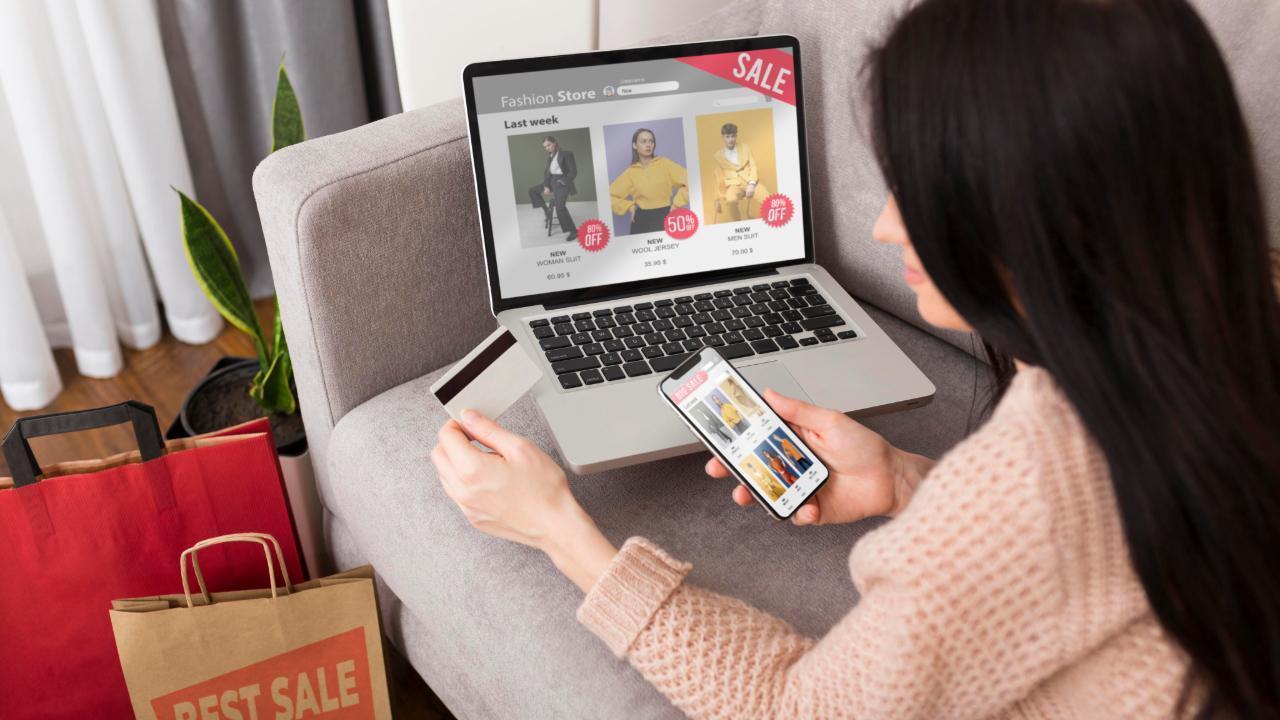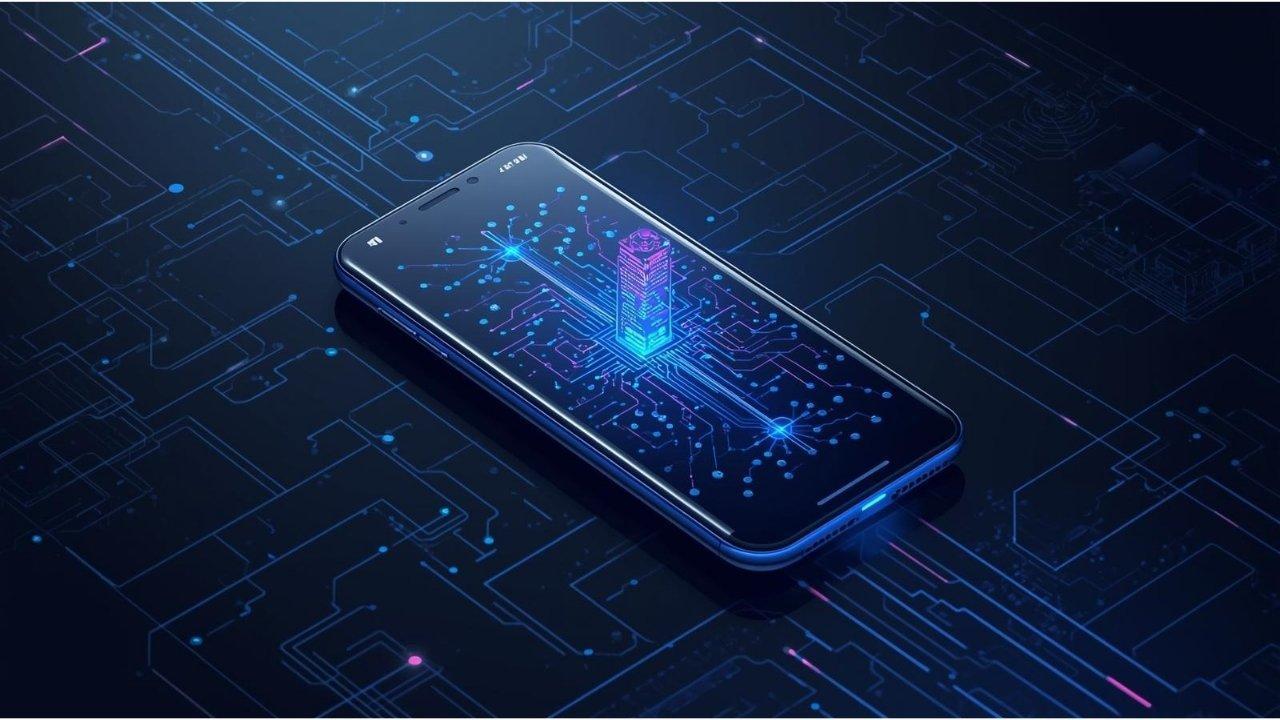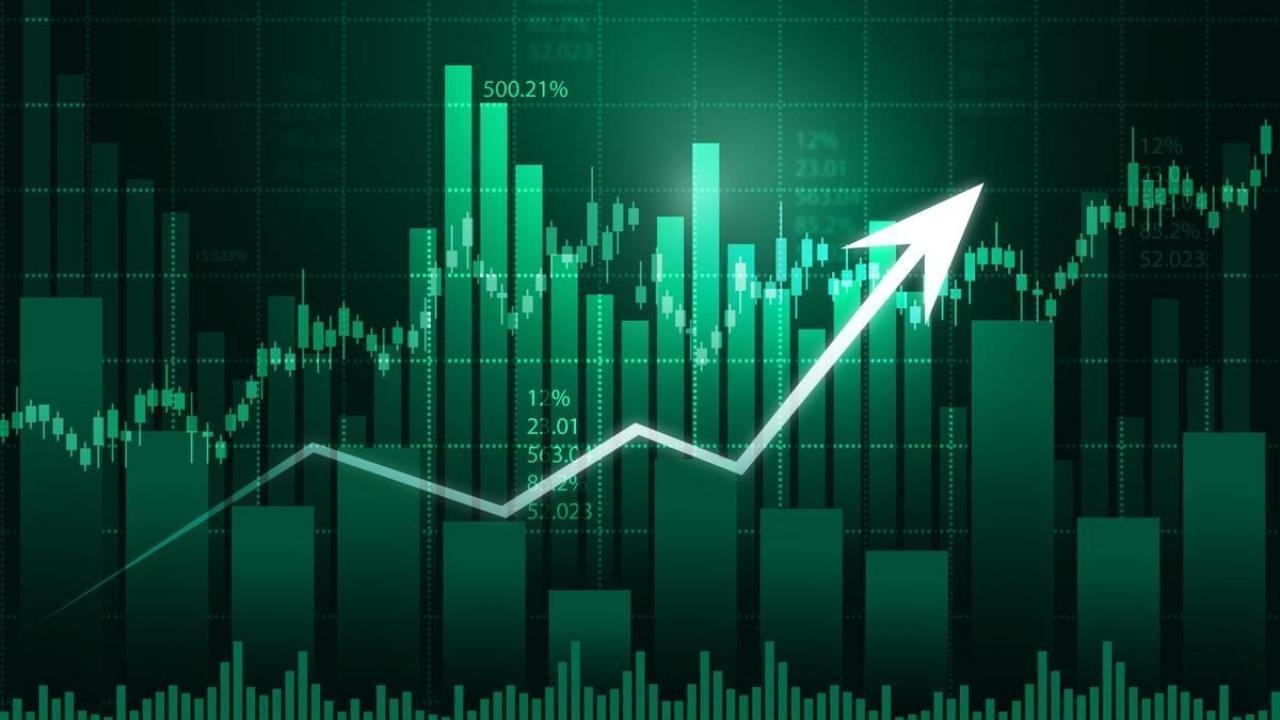You have not yet added any article to your bookmarks!

Join 10k+ people to get notified about new posts, news and tips.
Do not worry we don't spam!

Post by : Anis Farhan
Photo: Freepik
Many years ago, if someone wanted to buy a new shirt or a box of sweets, they would visit the local market. They would walk into shops, talk to the shopkeeper, compare products, and then make a purchase. It was personal and direct—but also limited by time, location, and availability.
Today, all it takes is a few taps on a phone or laptop. The same product, sometimes even better and cheaper, arrives at your doorstep—often within a day or two. This is the power of online shopping, and it has completely changed how we buy and how businesses operate.
Let’s explore how this shift happened and why it’s so important in today’s world.
Earlier, starting a business meant opening a physical store. You needed money for rent, furniture, employees, and marketing. You had to wait for customers to walk in—and sales were often limited to your neighborhood.
But now, technology has removed that barrier. With apps like Amazon, Flipkart, Meesho, and Snapdeal, anyone with a product and an internet connection can become a seller. You can sell handmade crafts, old books, home-cooked food, or even start a fashion brand—all from your phone.
This shift has empowered small shopkeepers, rural artisans, students, homemakers, and even retired professionals to join the digital economy. They no longer need a physical shop. The entire country—and sometimes the whole world—is their marketplace.
When people shop online, they can choose from thousands of products across different brands, sizes, colors, and prices. You can compare features, read user reviews, and even check ratings before buying. This wasn't possible with traditional shopping, where choices were limited to what's available in one or two stores.
This variety and transparency give buyers more power than ever before. If one seller is too expensive, you can immediately find ten others. If a product has bad reviews, you can skip it. As a result, businesses are pushed to improve their quality, offer better pricing, and deliver great service—just to stay in the game.
One big reason why online shopping is growing so fast is quick delivery. Buyers love speed. They want their items within a day or two, and e-commerce companies are working hard to meet that need.
Companies like Blue Dart, Delhivery, Ecom Express, India Post, and others now deliver packages even to small towns and remote villages. They use tracking systems, SMS updates, and GPS tools to ensure safe, timely delivery. Some platforms even allow buyers to return products easily, which builds more trust.
This convenience has made online shopping popular not just in cities but in smaller districts and rural areas as well.
Gone are the days when people carried cash to markets or waited in ATM lines. Today, most online platforms accept UPI payments, net banking, credit/debit cards, and mobile wallets like Paytm or PhonePe.
This system is safe, fast, and easy to use. For business owners, digital payments mean no cash thefts, better record-keeping, and quicker settlements. It also helps them track income, file taxes, and apply for business loans more easily.
Digital payments have helped bring India’s economy online—and they’re still growing.
The online shopping revolution hasn’t just changed buying and selling. It has created new career paths. Young people are now working as delivery agents, app developers, graphic designers, SEO writers, influencers, digital marketers, and more.
Students are earning part-time money by promoting products online. Homemakers are learning to run small stores from home. Even people in villages are learning basic e-commerce through online training or YouTube tutorials.
This is not just commerce—it’s a shift in how people work and what skills are in demand.
A potter from Kutch, a weaver from Assam, or a spice maker from Kerala can now sell products across the world. Platforms like Etsy, eBay, and even Amazon Global Selling are helping Indian sellers reach customers in Canada, Australia, the US, and UAE.
Earlier, global trade needed licenses, warehouses, and middlemen. Now, even a small shop can handle it with a mobile app and a courier partner.
This is how online shopping is changing India’s economy—from local to global.
Online shopping is not just about comfort. It represents a deeper shift in how business works, how people earn, and how buyers make choices. It has opened doors for millions of Indians—from home-based entrepreneurs to tech-driven startups.
This isn’t just a trend. It’s the future of business.
This article is meant to explain business topics in simple language for general understanding. All views are prepared by the editorial team at Newsible Asia for public knowledge.










Dalal Street Spotlight: Top 10 Stocks Investors Are Watching as Markets Open on a High
Indian stock markets begin the week with strong momentum, and several blue-chip and mid-cap stocks a

Market Movers Today: Key Stocks Set To Watch In Indian Markets
Indian equity markets are poised for active trading as several major companies, including Bharti Air

Milan Welcomes the World: Inside the Grand Opening Ceremony of the 2026 Winter Olympics
The 2026 Winter Olympics opening ceremony in Milan marked a defining moment for global sport, blendi

Unfolding Market Drama: Sensex & Nifty Trade Volatility Amid Budget Fallout and India-US Trade Breakthrough
Indian equity markets exhibited high volatility this week as the 2026 Union Budget triggered sharp s

Dhurandhar 2 Teaser Countdown Ignites Fan Frenzy: All You Need to Know
The highly anticipated sequel to the blockbuster Dhurandhar is building intense excitement as the Dh

Vietnam Overtakes Thailand as Top Choice for Chinese Tourists
Vietnam has quietly surpassed Thailand as the favorite destination for Chinese tourists in 2025.